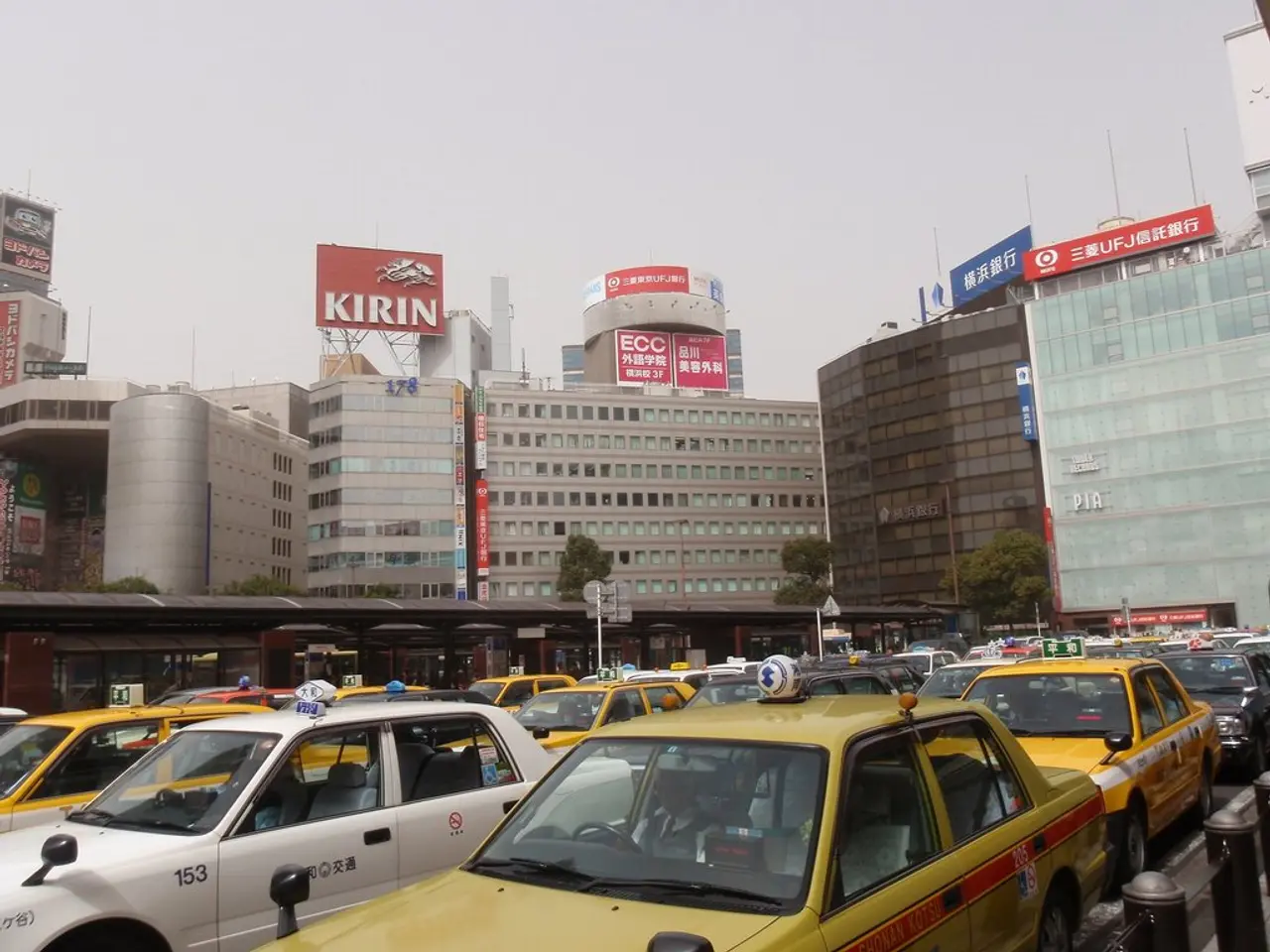Philippines: LGUs Urged to Revamp Public Transport for Safer, More Reliable Services
The Philippines' public transport system faces challenges like inadequate services, unpredictability, and pollution. Local government units (LGUs) are urged to play a greater role in improving this situation.
Currently, private operators run public transport under LTFRB licenses, with minimal service oversight. This market-driven approach has led to unsafe competition and service disruptions. LGUs should step in to ensure safe, reliable, and affordable transport.
Three models for LGU involvement have been proposed. First, LGU-Operated Services, where local units manage transport directly. Second, Public-Private Partnerships (PPP) for Transport Operations, involving joint planning and operation among LGUs. Lastly, Fare Collection Oversight, where LGUs set standards and coordinate services without full operational control. These models can enhance responsiveness to local needs, increase operational efficiency, and improve accountability.
To transform public transport into a dignified service that meets commuter needs, LGUs must play a greater role. Policymaking should balance competing interests while prioritizing commuter needs. Social assistance programs can support displaced operators during reforms.
Read also:
- HLC Approves ₹4,645.60 Crore for Flood Recovery and Wetland Rejuvenation in Nine States
- Crooked House Pub's Demolition: Council Orders Rebuild, Debate on Historic Building Protections
- Shaping India's Economic Progression: Readying the Financial System for Tomorrow
- Ethiopia's Grand Dam: 15,000 Lives Lost, Water Concerns Unresolved




